How to register for whole-body and organ donation, and what benefits can donors expect? These are common questions surrounding the topic of donation, and this article aims to provide comprehensive knowledge and information about the registration process.
1. The Right to Register for Whole-Body Donation After Death
Whole-body donation, as defined by Vietnamese law, is a voluntary act where an individual donates their body after death to authorized entities for humanitarian, medical treatment, educational, or scientific research purposes. The 2015 Civil Code, in its Article 34, regulates the right to donate one’s body or body parts after death.
According to this law, individuals have the right to donate their bodies or body parts after death for medical treatment or scientific research purposes. The donation and use of deceased individuals’ bodies or body parts are governed by specific regulations.
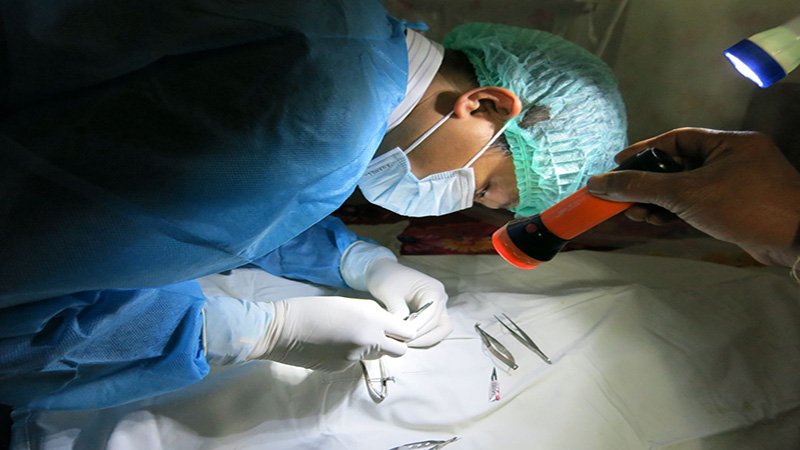 Rights to register for whole-body donation after death
Rights to register for whole-body donation after death
The legal framework surrounding the donation and utilization of deceased individuals’ bodies is comprehensive. Individuals aged 18 and above, possessing full civil behavioral capacity, are eligible to donate their bodies after death. As this is a citizen’s right, those wishing to do so must express their intention by completing the necessary registration procedures.
– Prospective donors can visit any medical facility to express their desire to donate.
– The medical facility will then inform the entity responsible for receiving and preserving the body.
– This entity will directly counsel the prospective donor on matters related to whole-body donation. If the individual still wishes to proceed after counseling, they will be guided through the registration process and provided with a registration card. This card serves as authorization for the receiving entity to take custody of the body after the donor’s death.
2. Procedures for Whole-Body Donation in Vietnam
Individuals voluntarily donating their bodies must be at least 18 years old and possess full civil behavioral capacity at the time of registration. Prospective donors can visit the facilities responsible for receiving and preserving bodies to familiarize themselves with the environment.
Registration can be done directly or over the phone, and the receiving entity will provide counseling services either in person or remotely. After counseling, the individual will write a voluntary donation statement, which must be confirmed by local authorities, and attach a copy of their ID card, household registration book, and two recent 3×4 photos.
This documentation can be submitted in person or sent by mail to the receiving entity’s address. The receiving entity will conduct a health check on the prospective donor, and if they meet the requirements, a registration card will be issued. The registration takes effect once the card is received.
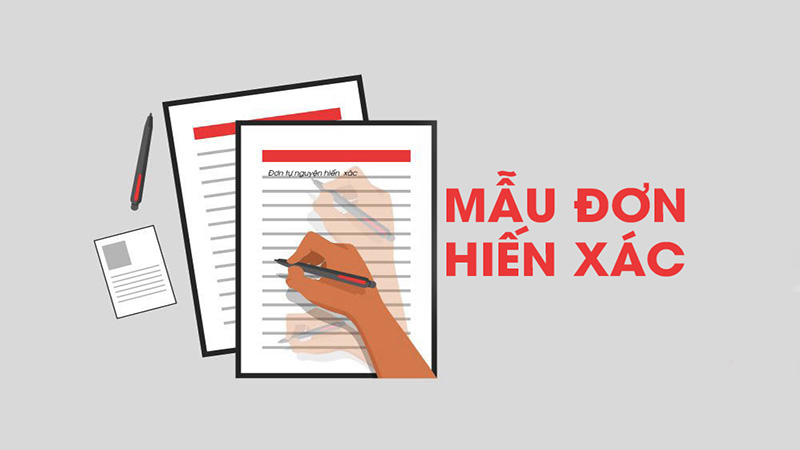 Procedures for whole-body donation in Vietnam
Procedures for whole-body donation in Vietnam
In the event of the donor’s death, their family should notify the receiving entity as soon as possible, preferably within 12 hours. The entity will dispatch a vehicle and a representative to collect the body. They will refuse to accept bodies of individuals who died from severe infectious diseases as listed by the Ministry of Health.
For deaths resulting from traffic accidents or other accidents, the body will still be accepted if it is relatively intact. The family can perform farewell rituals, but instead of placing the body in a coffin, it should be placed in a stainless steel container and transported to the receiving entity. The body will be received with a solemn ceremony adhering to Vietnamese customs and traditions.
Upon arrival at the receiving entity, the body will be properly embalmed and preserved for approximately 1–2 years. During this period, relatives and friends can pay their respects and offer incense in the memorial room.
After this period of service in education, the body will be cremated or buried according to the family’s request or the donor’s last will.
3. Benefits for Organ Donors
According to Circular No. 104/2017/TT-BTC issued by the Ministry of Finance, there are specific regulations regarding the management and use of funds for policies related to those who have donated their bodies or body parts. This circular outlines the following benefits for donors:
Donors are entitled to periodic health check-ups, which include the following support: exemption from periodic health check-up fees as per medical guidelines issued by the Minister of Health, based on the price of health check-up services for donors as determined by the competent authority.
Additionally, donors can receive support for accommodation expenses if they live far from the medical facility and need to stay overnight (excluding cases where the donor requires hospitalization for examination and treatment covered by health insurance): VND 450,000/day/person, for a maximum of 2 days.
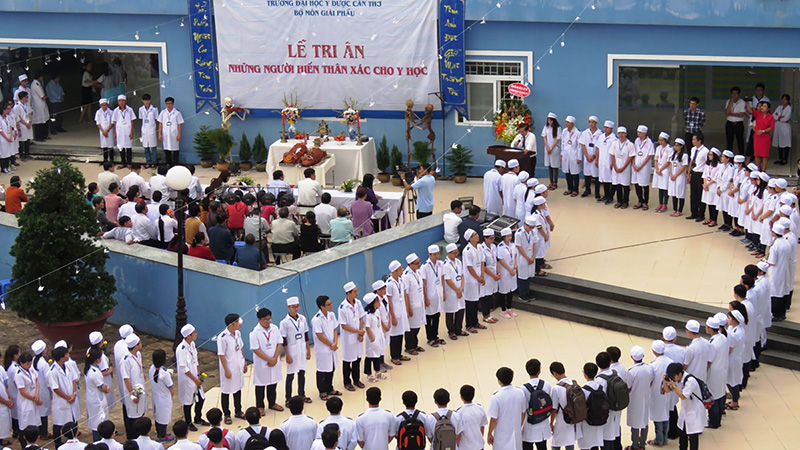 Benefits for organ donors
Benefits for organ donors
Donors are also entitled to a food allowance for a maximum of 3 days per periodic health check-up: VND 200,000/day. They will further receive support for round-trip travel expenses from their residence to the medical facility for health check-ups, based on public transportation fares.
In cases where the donor uses their own vehicle, the basis for determining the travel expense support is the distance from their residence to the medical facility and back, with a fuel consumption rate of 0.2 liters of gasoline per kilometer and the gasoline price in the locality where the transportation takes place.
Donors will receive confirmation of the time of their periodic health check-up from the medical facility, which can be used as a basis for enjoying other policies as per the Labor Code, Social Insurance Law, and any other relevant guidelines.
When undergoing periodic health check-ups, donors must present a discharge document (indicating “body part donation”) or other valid proof of donation, along with a valid form of personal identification.
4. Why Donate Your Body?
Whole-body donation is a noble and meaningful act that can save the lives of many people. Donated bodies can serve the following purposes:
– Training future doctors and surgeons
– Testing and improving vehicle safety features to minimize injuries in accidents
– Evaluating the effectiveness of protective gear, such as shoes for soldiers, bulletproof vests for police officers, and helmets for cyclists and skiers
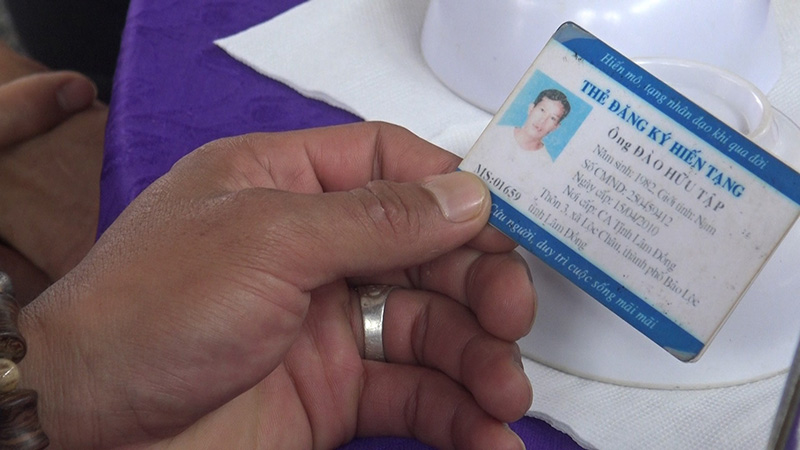 Purposes of whole-body donation
Purposes of whole-body donation
– Discovering new medications and understanding dangerous drug interactions
– Advancing and improving medical devices
– Researching and treating injuries and diseases
– Developing new surgical techniques
5. Where to Register for Whole-Body Donation
There are several ways to register for whole-body donation, outlined as follows:
Method 1: Submit an Application
Complete the provided form and attach 1 photo (any size), a copy of your ID card or citizen identification card or passport (no notarization required), and send it to the National Organ Transplant Coordination Center:
– Room 230, Building C2, Viet Duc Hospital
– Address: 40 Trang Thi, Hoan Kiem, Hanoi
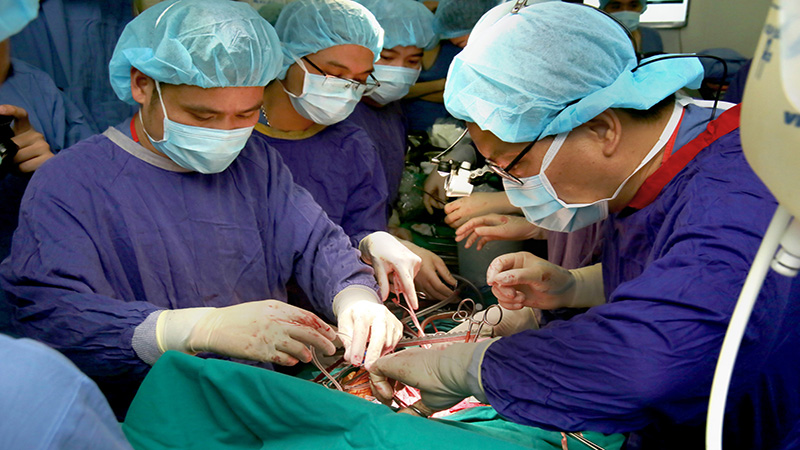 Valid procedures for registering whole-body donation
Valid procedures for registering whole-body donation
Method 2: Visit Authorized Entities Directly
You can visit the National Organ Transplant Coordination Center in person during their working hours, which are from Monday to Friday, following the standard working hours, excluding public holidays. The address is Room 230, Building C2, Viet Duc Hospital (40 Trang Thi, Hoan Kiem, Hanoi). Alternatively, you can enter through Gate 1 at 16 Phu Doan, Hoan Kiem, Hanoi, which may be more convenient.
If you live in the southern provinces, you can register directly at Cho Ray Hospital. Remember to bring your ID card and 1 photo (any size) when visiting. If you don’t have a photo readily available, the center can take one for you free of charge.
Method 3: Register with the Nearest Medical University
You can also register for whole-body donation at the nearest medical university.
We hope that this article has provided you with a comprehensive understanding of whole-body and organ donation registration procedures and related benefits. For further information, please refer to the additional resources provided below.
































